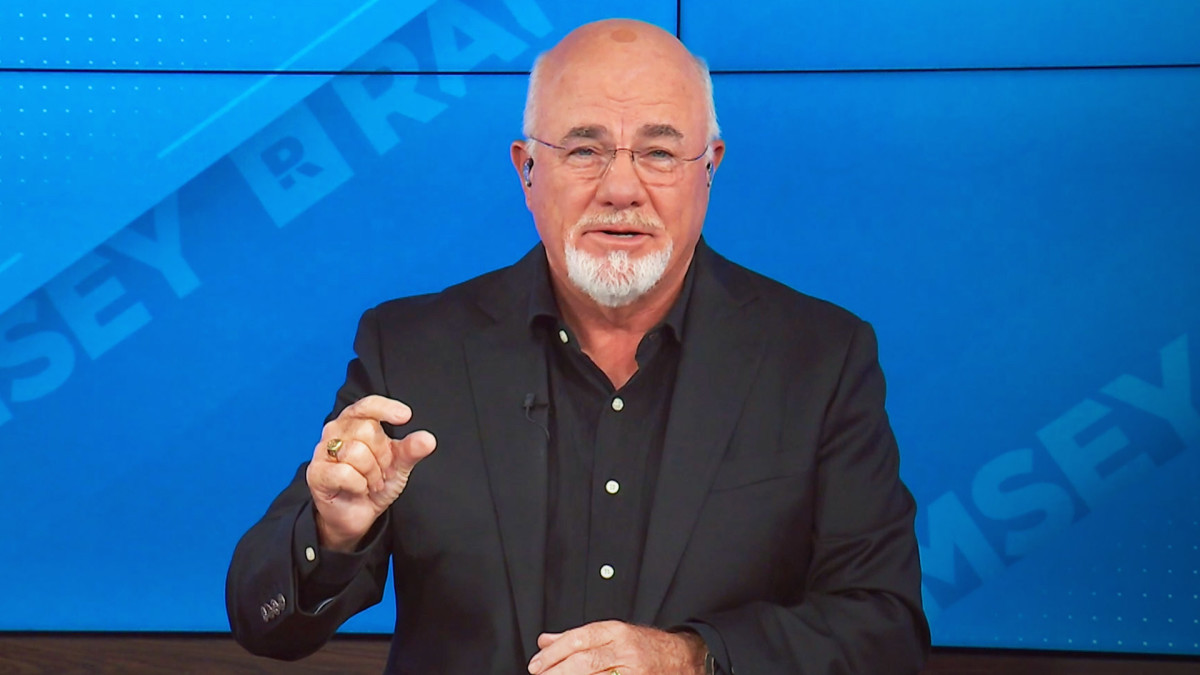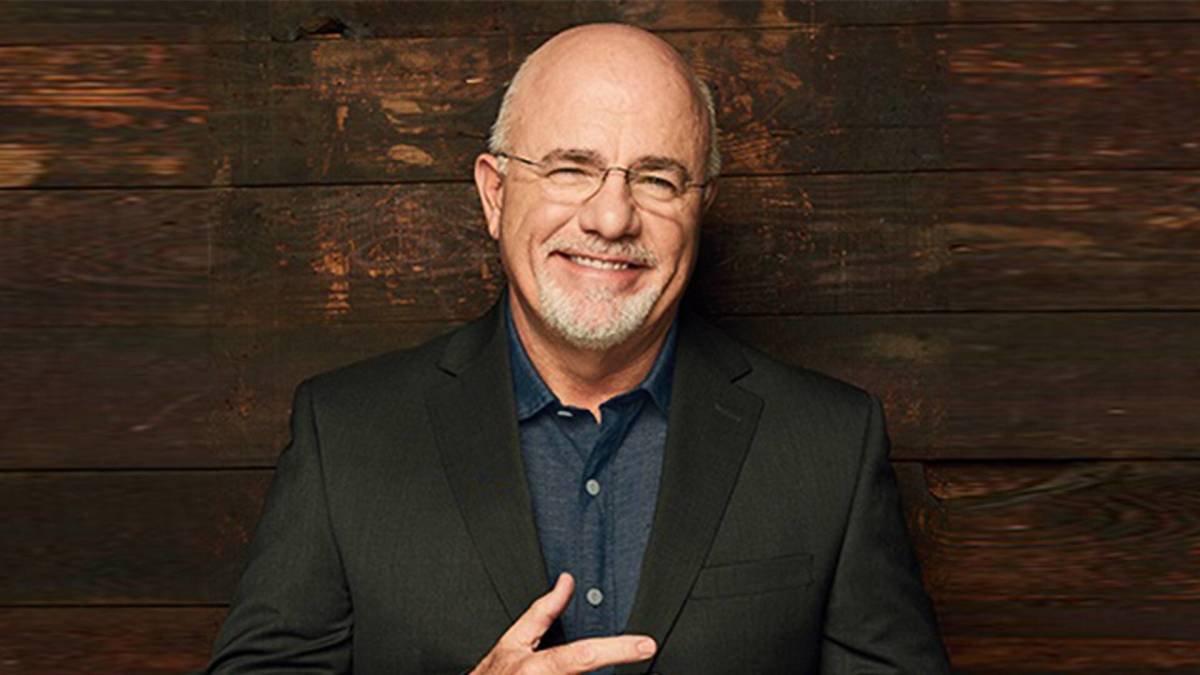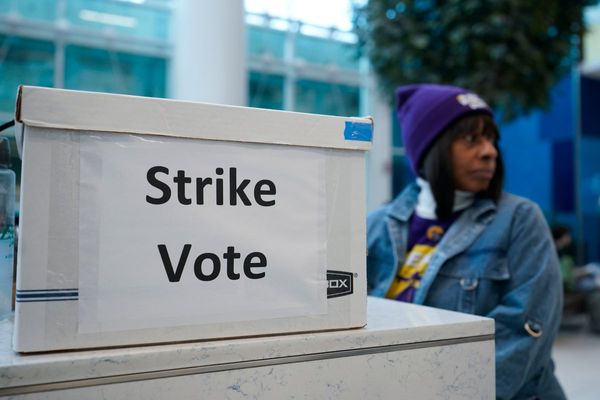
Personal finance expert and radio host Dave Ramsey frequently gives advice to people who are facing big financial decisions.
Questioners calling into The Ramsey Show are usually looking for help as they try to get a handle on challenges such as planning for retirement, getting out of debt and making major purchases.
Related: Dave Ramsey shares warning about the 'biggest scam in history'
And perhaps the biggest financial decision most people make involves all the considerations necessary when resolving to buy a house.
Venturing into real estate can be intimidating, largely because of the sheer amount of money it takes, but also because it connects to a number of other important life decisions.
Ramsey advises making a plan to approach the home-buying process — whether for right now or in the future — and he outlines some basic steps.
Start by making the process as simple as possible
In order to begin taking the ambiguity out of the process, Ramsey suggests first determining how much you can afford to spend.
He emphasizes the importance, before making these plans, of becoming debt free and establishing an emergency fund of three to six months for unexpected expenses.
Then, Ramsey counsels, start matching the costs of potential homes with your needs and desires.
"So you've started thinking about buying a home — or maybe you already got the ball rolling. Either way, buying a home is a big deal with a ton of money on the line," he wrote on Ramsey Solutions. "It doesn’t matter if you find a home with a fabulous kitchen or huge backyard. If you can't pay the mortgage each month or find the cash to fix what's broken, your home will become a burden — not a blessing."
Next, it's wise to figure out a precise amount you can reasonably expect to use as a down payment.
"Ideally, you want a down payment of at least 20% of the home’s purchase price," Ramsey wrote. "Putting down 20% allows you to avoid paying for private mortgage insurance (PMI)."
"If you’re a first-time home buyer, saving 5-10% is okay too. But then you'll have to pay for that PMI, " he continued. "No matter what, make sure your monthly payment is no more than 25% of your monthly take-home pay on a 15-year fixed-rate mortgage."

RamseySolutions.com
Be prepared for other expenses
Once you've budgeted for a down payment and set a realistic timeline to save for it, remember there are other expenses to factor in as well.
One of these is the up-front cost of closing the deal.
"On average, buyers might pay 3-4% of a home's purchase price for closing costs," Ramsey estimated. "But yours could be more or less than that depending on where you live — so do your own research to get a better idea of what average closings costs are like near you."
Moving expenses are another consideration.
"You can always save money on moving costs by asking friends for help. Or you could rent a moving container or truck," Ramsey wrote. "Otherwise, hiring movers can cost hundreds to thousands of dollars depending on how much stuff you're moving and how far away you are from your new home. If you go that route, be sure to get quotes from local moving companies ahead of time to help with budgeting."
"You’ll also want to prepare your budget for other moving costs, like utility transfer fees and any immediate updates to your home (like painting or installing blinds)," he added.
There are more steps down the line in the process from here, but Ramsey suggests these as the first ones for which to prepare.
Then, of course, there are other challenges to expect:
- Getting pre-approved for a mortgage
- Finding a real estate agent
- Choosing the right neighborhood
- Making an offer and negotiating price
- Home inspection and approval
Get exclusive access to portfolio managers and their proven investing strategies with Real Money Pro. Get started now.







